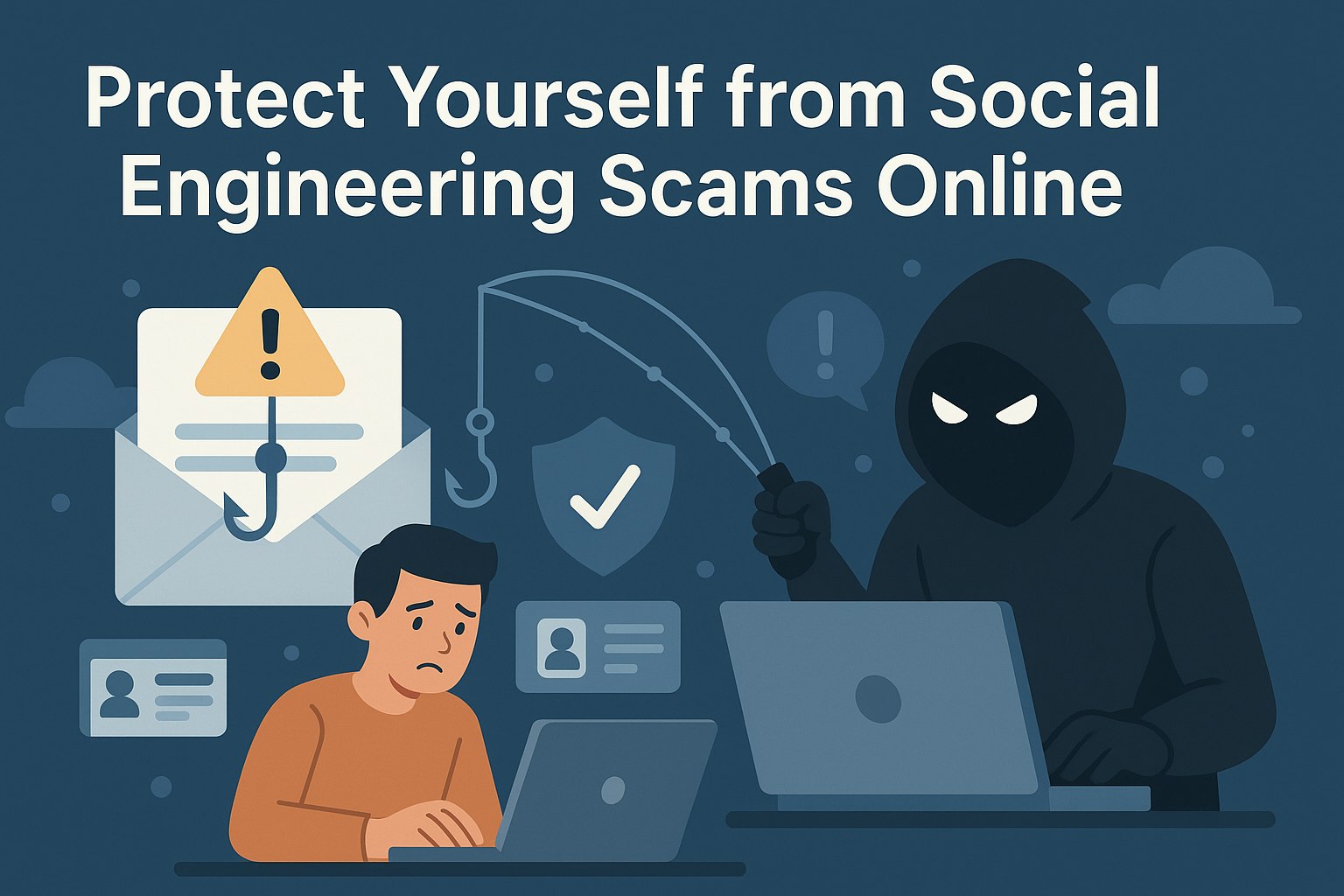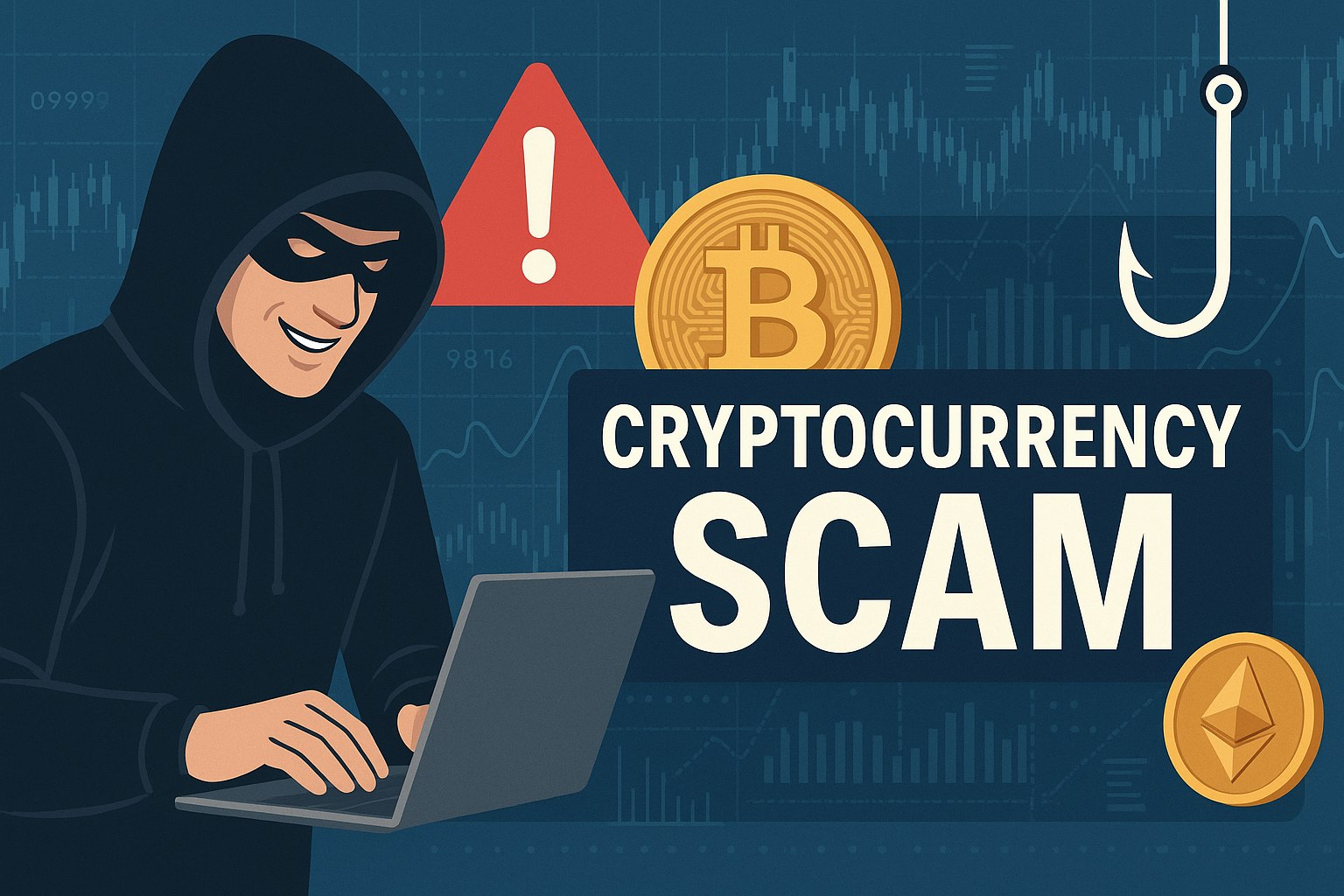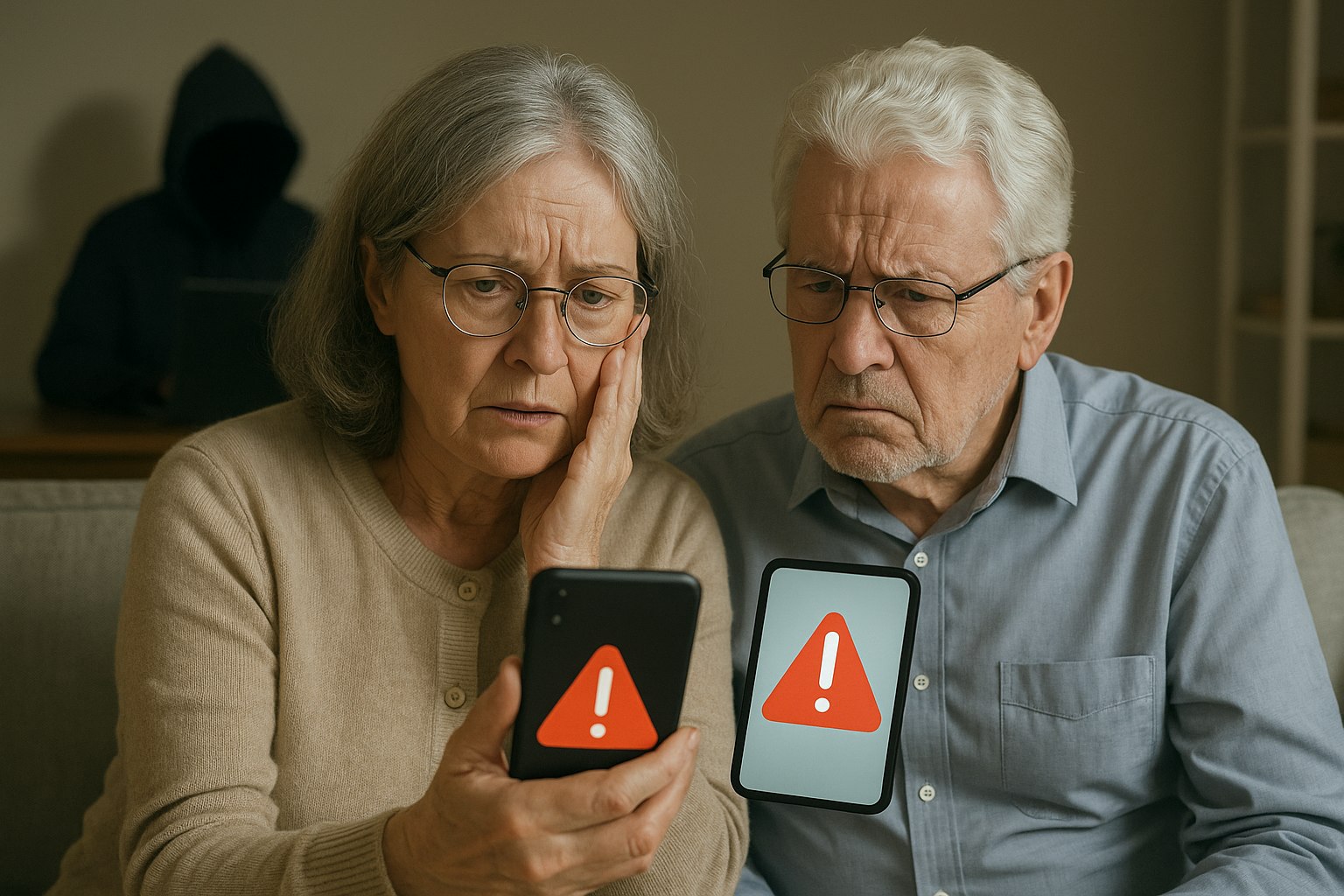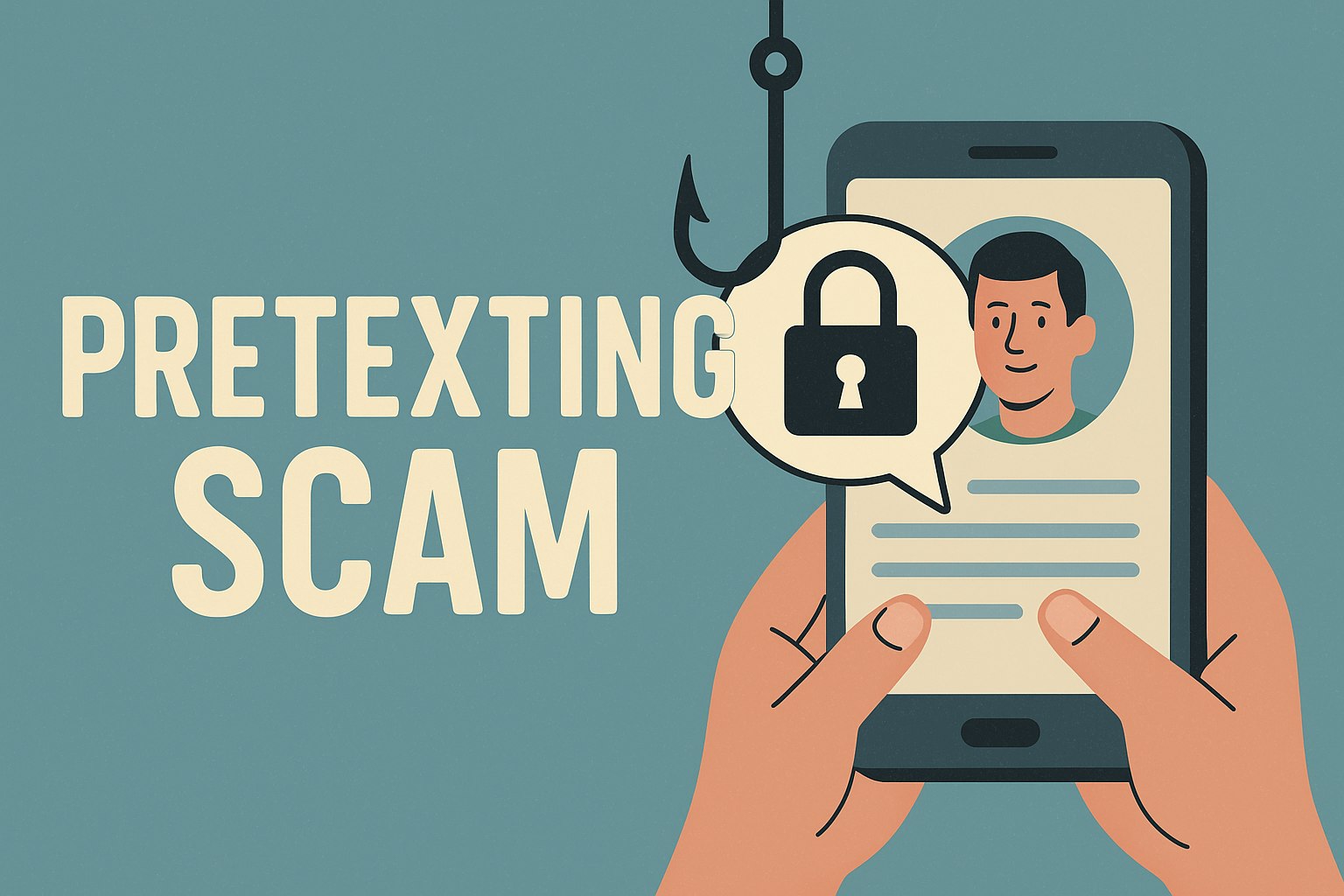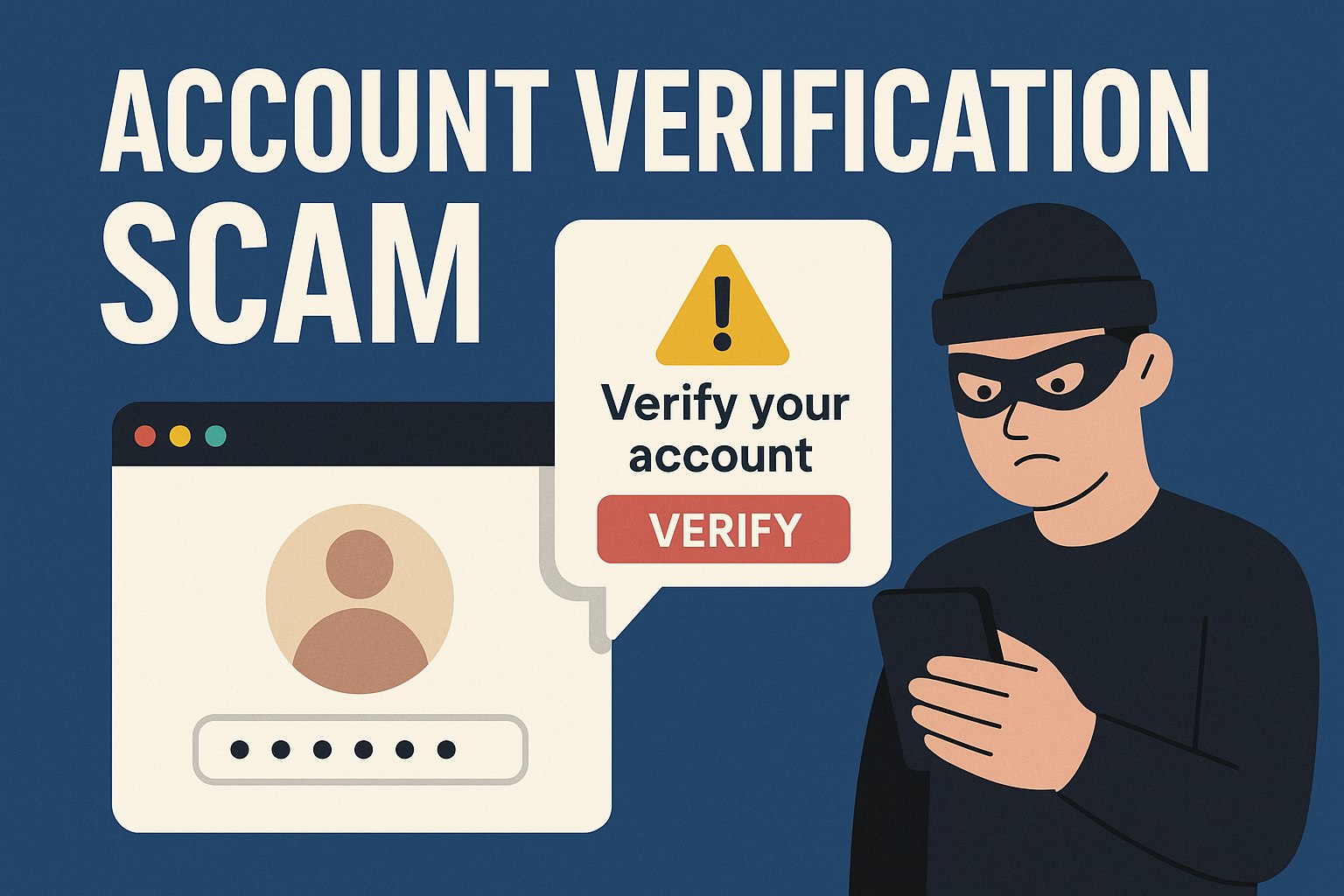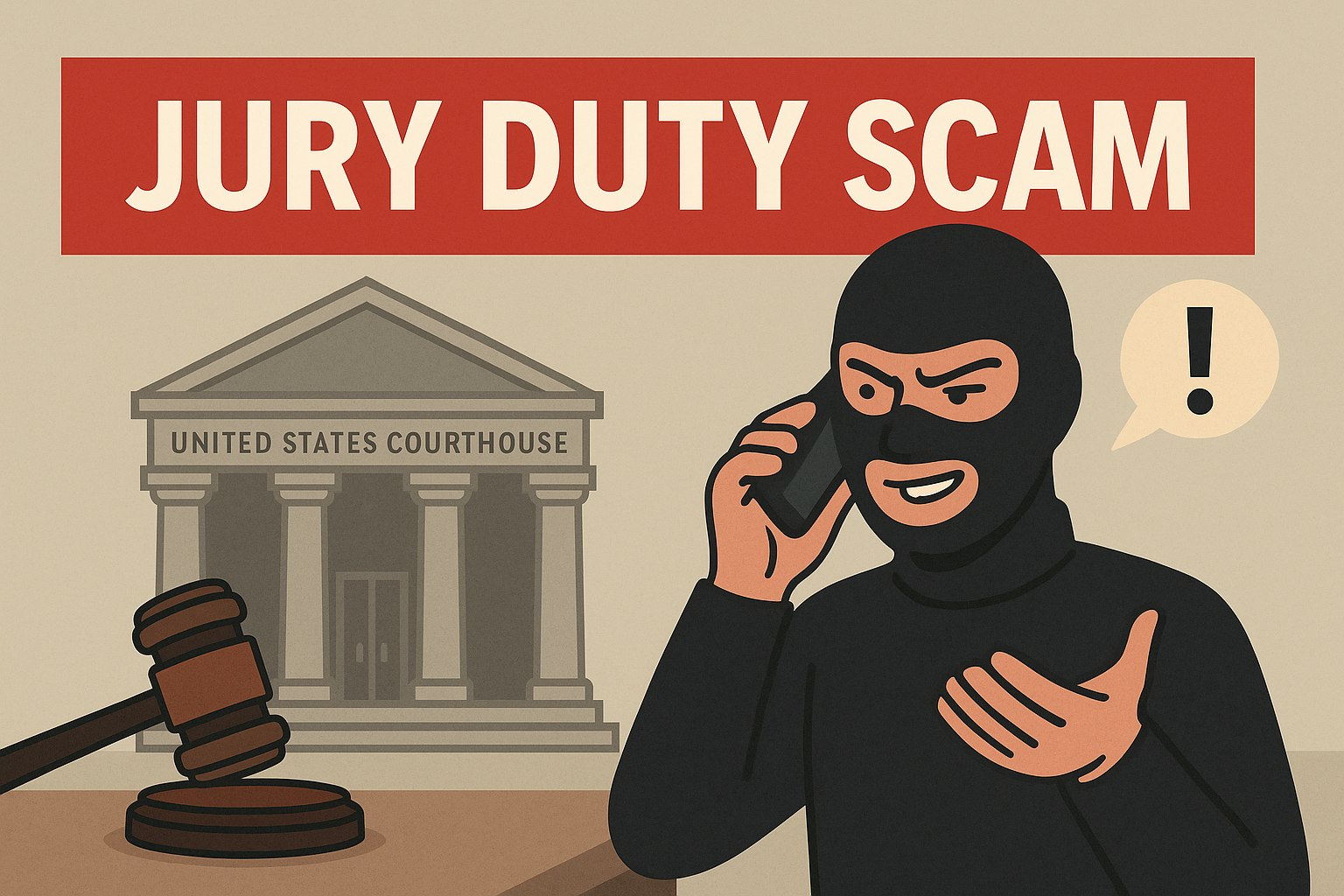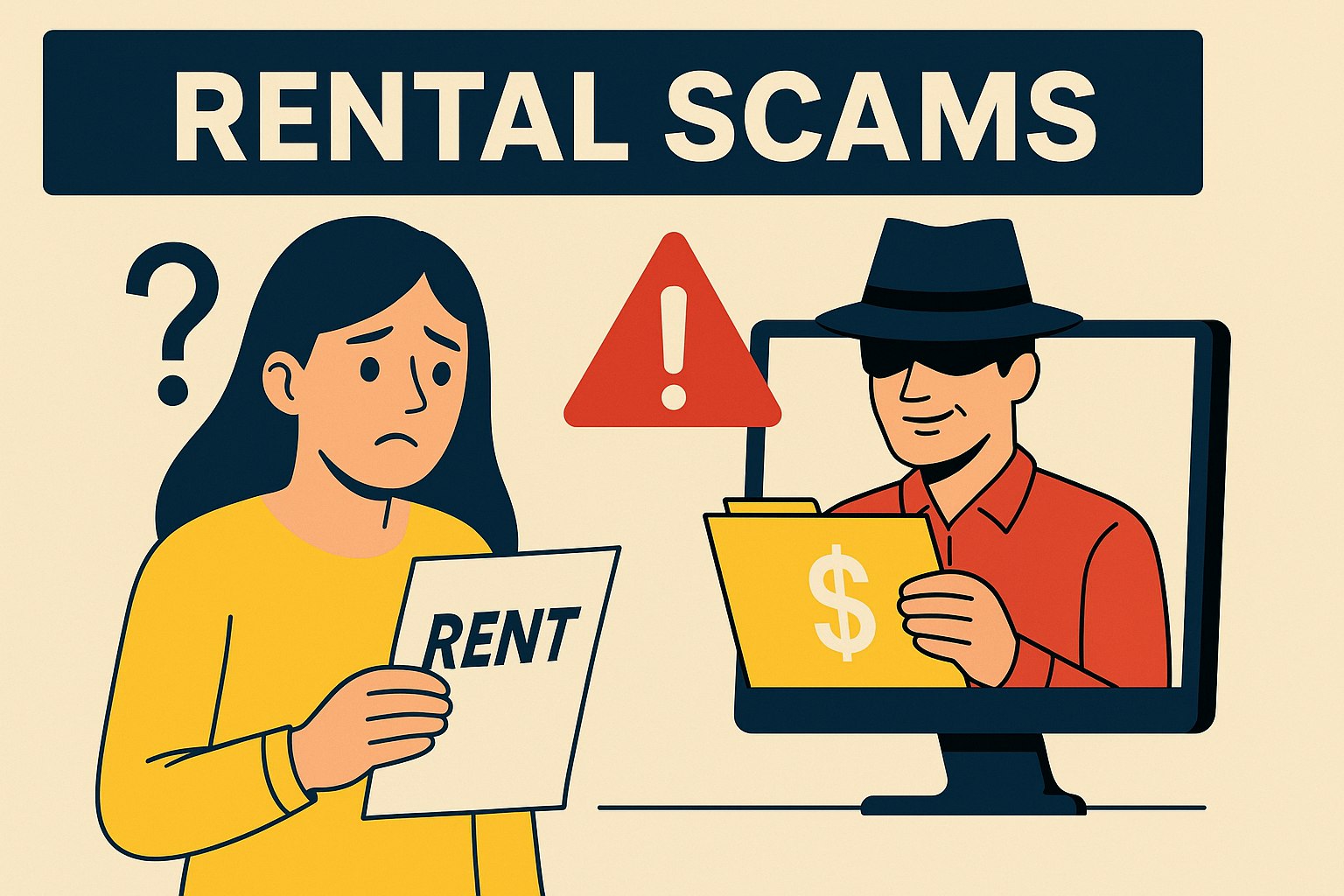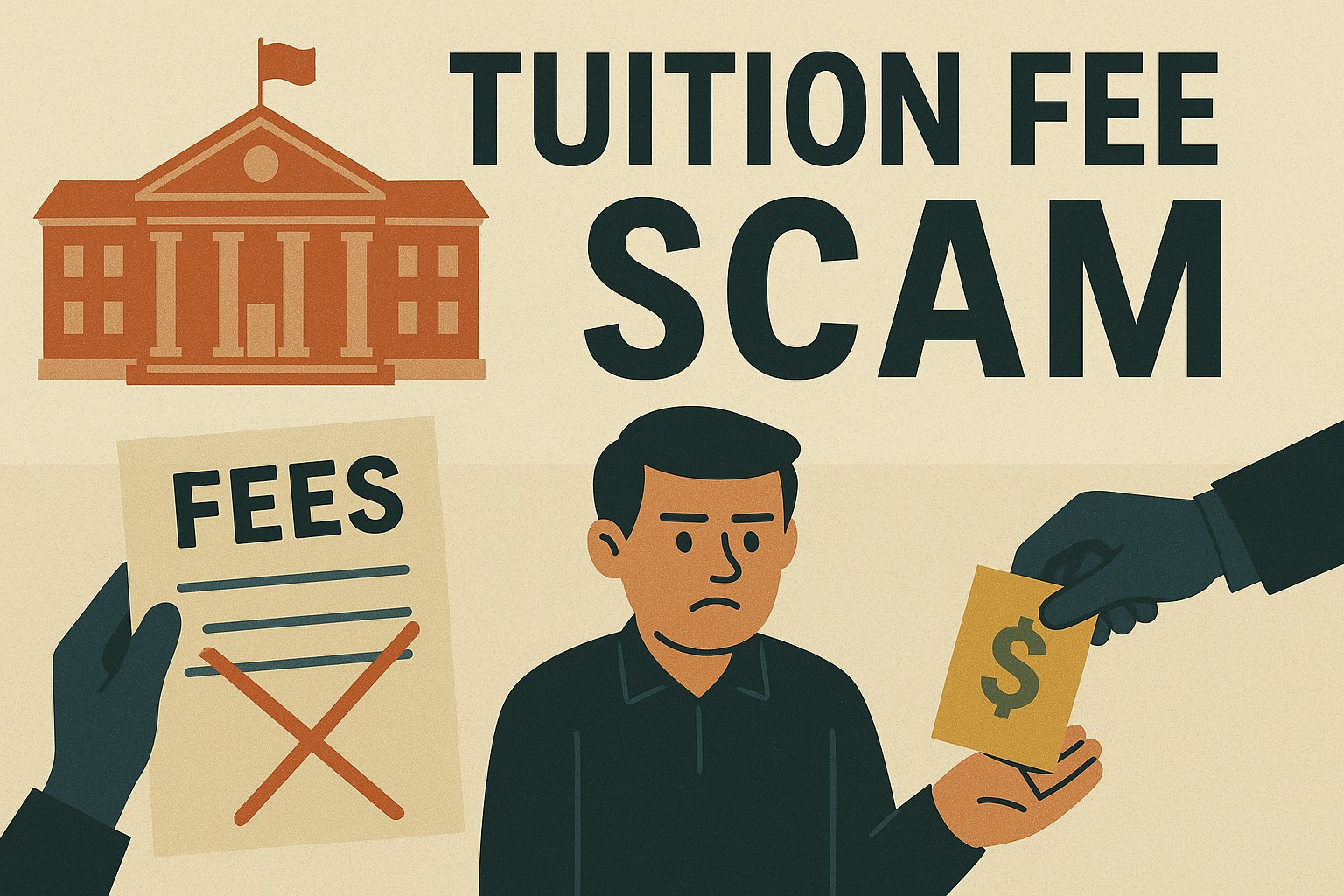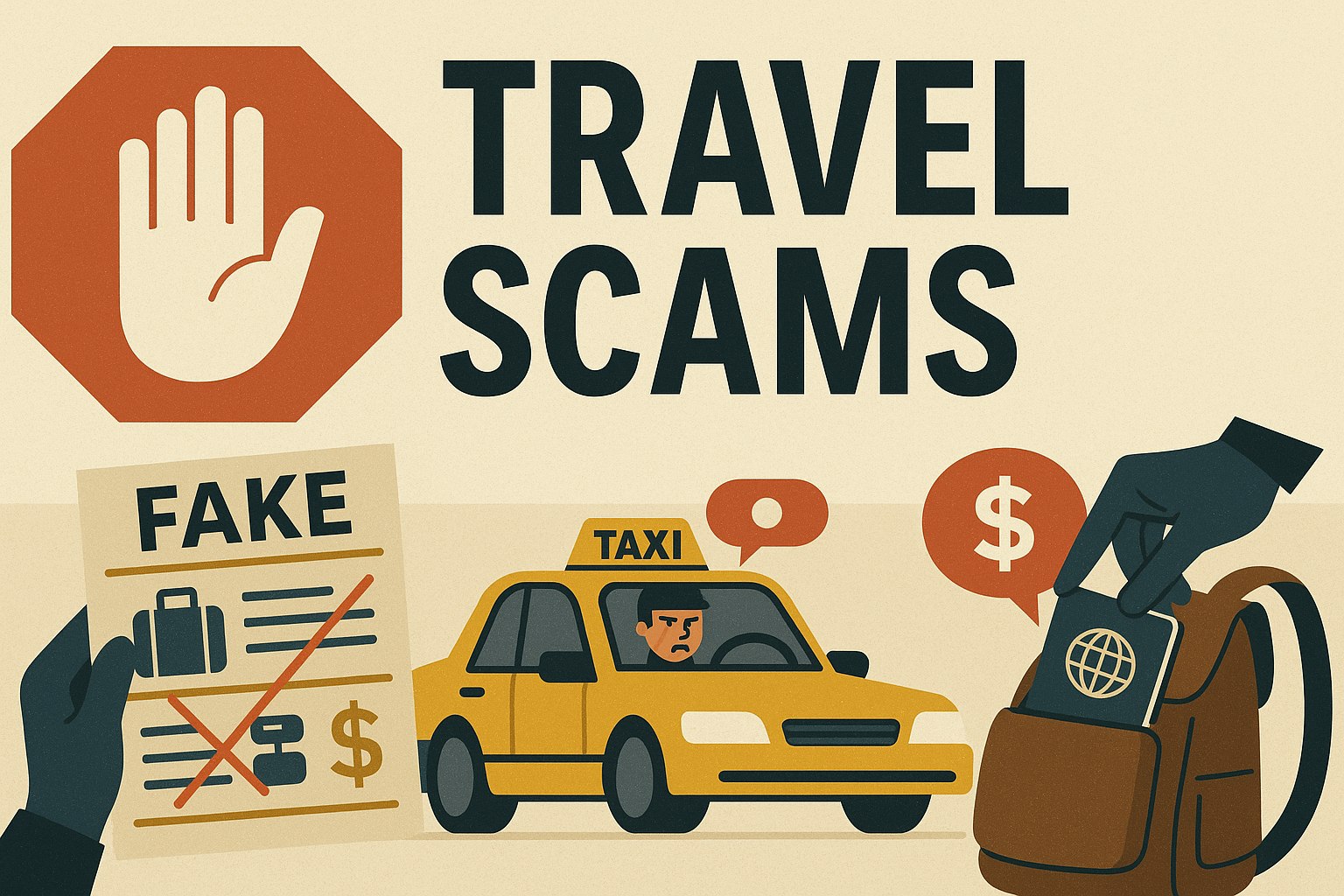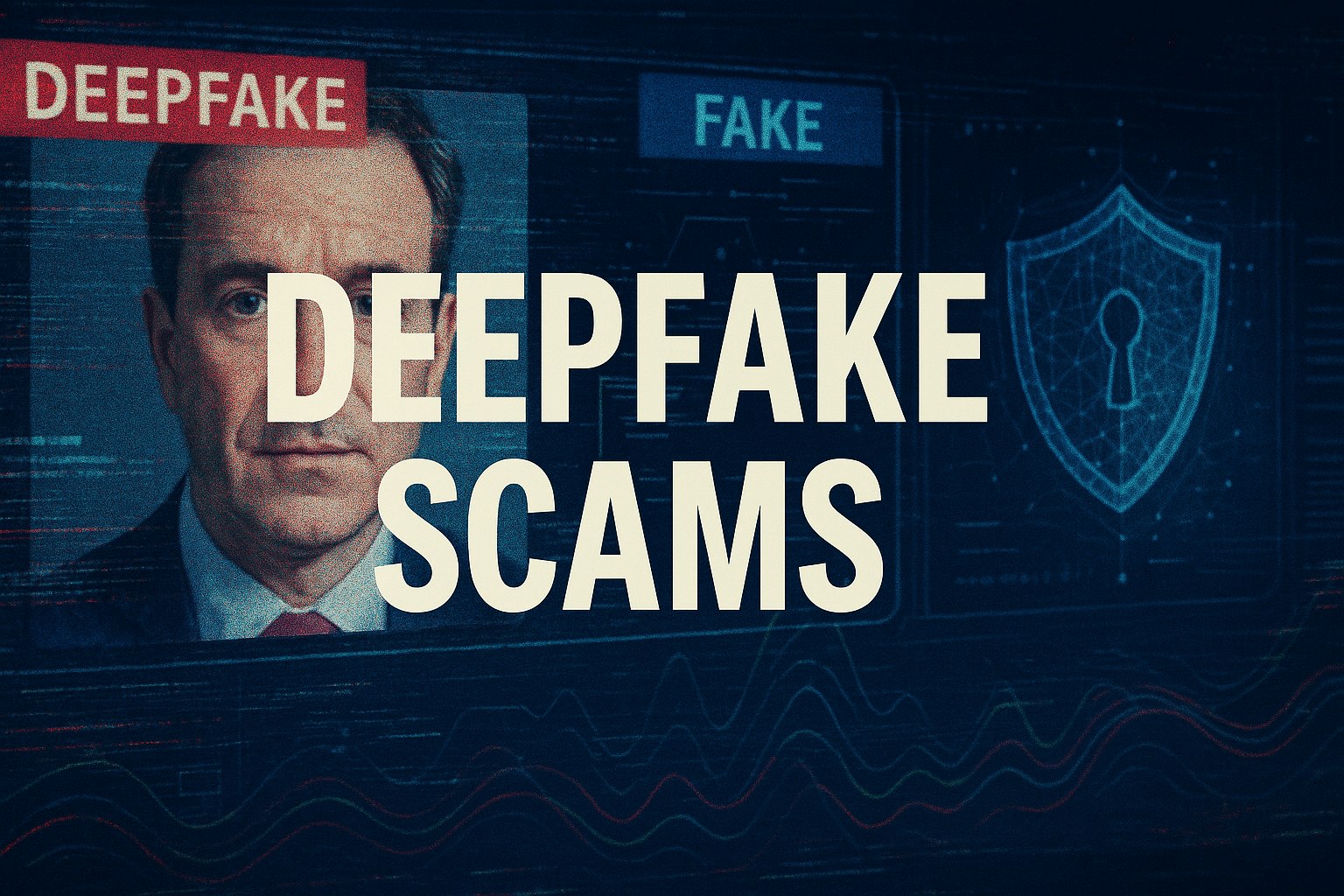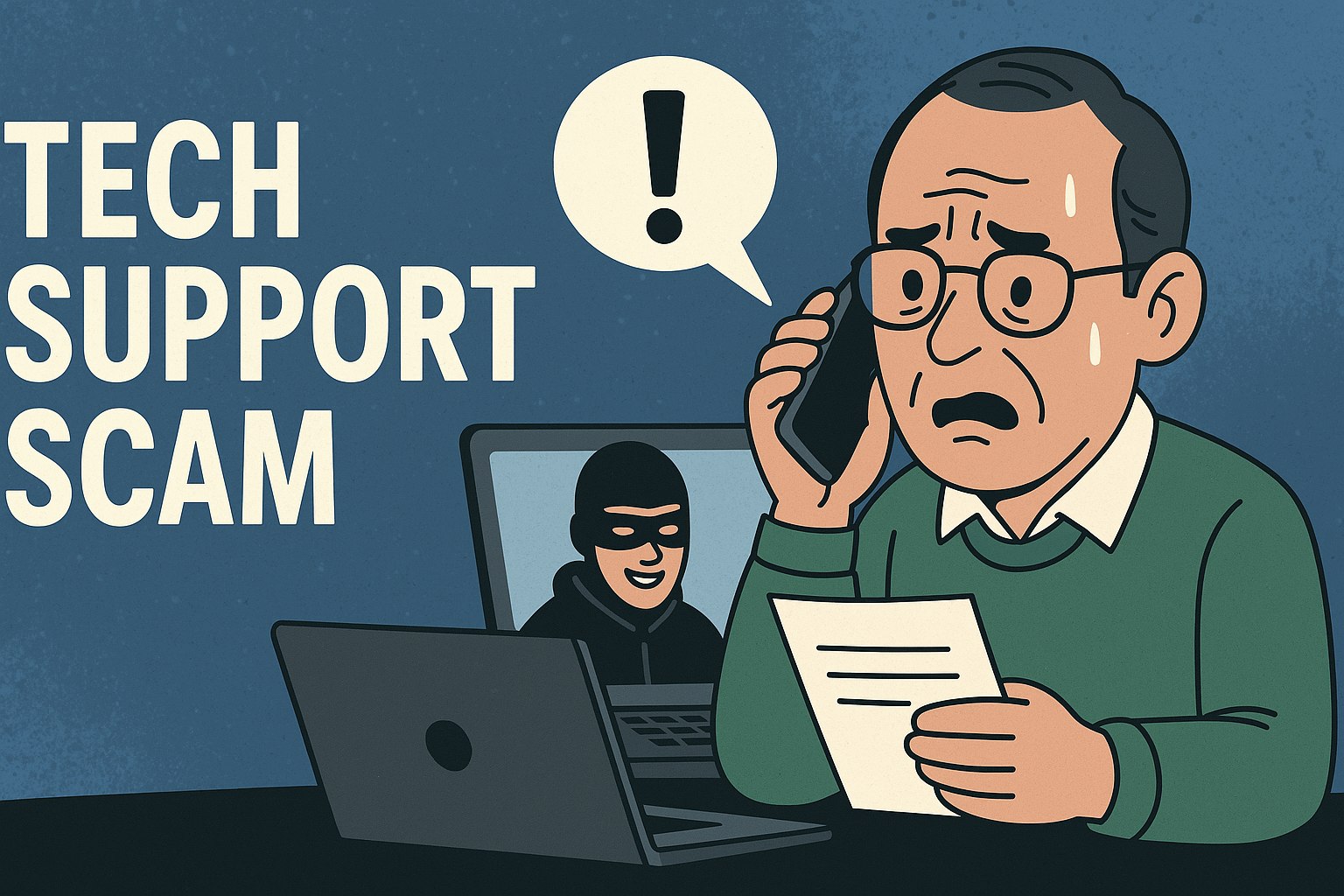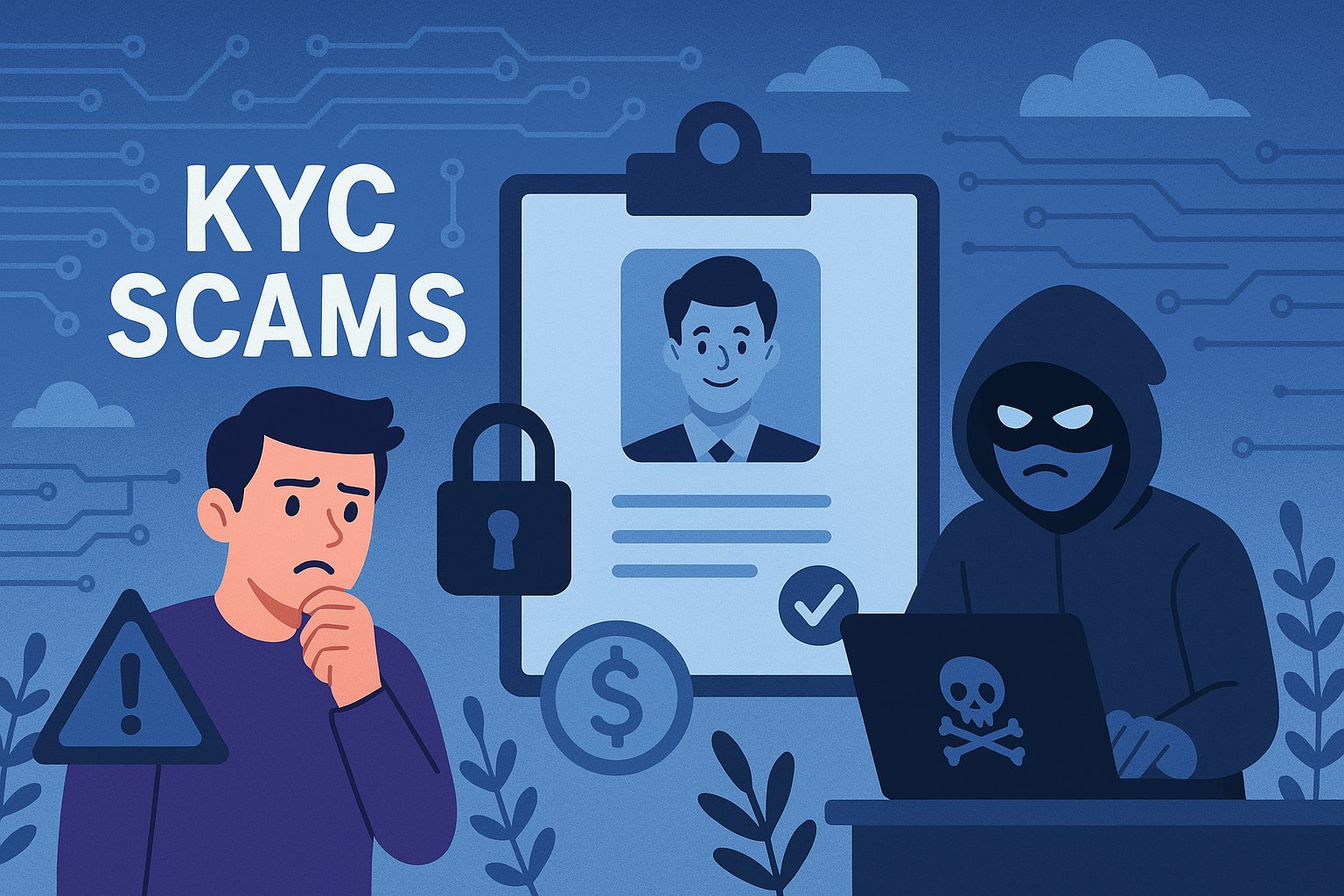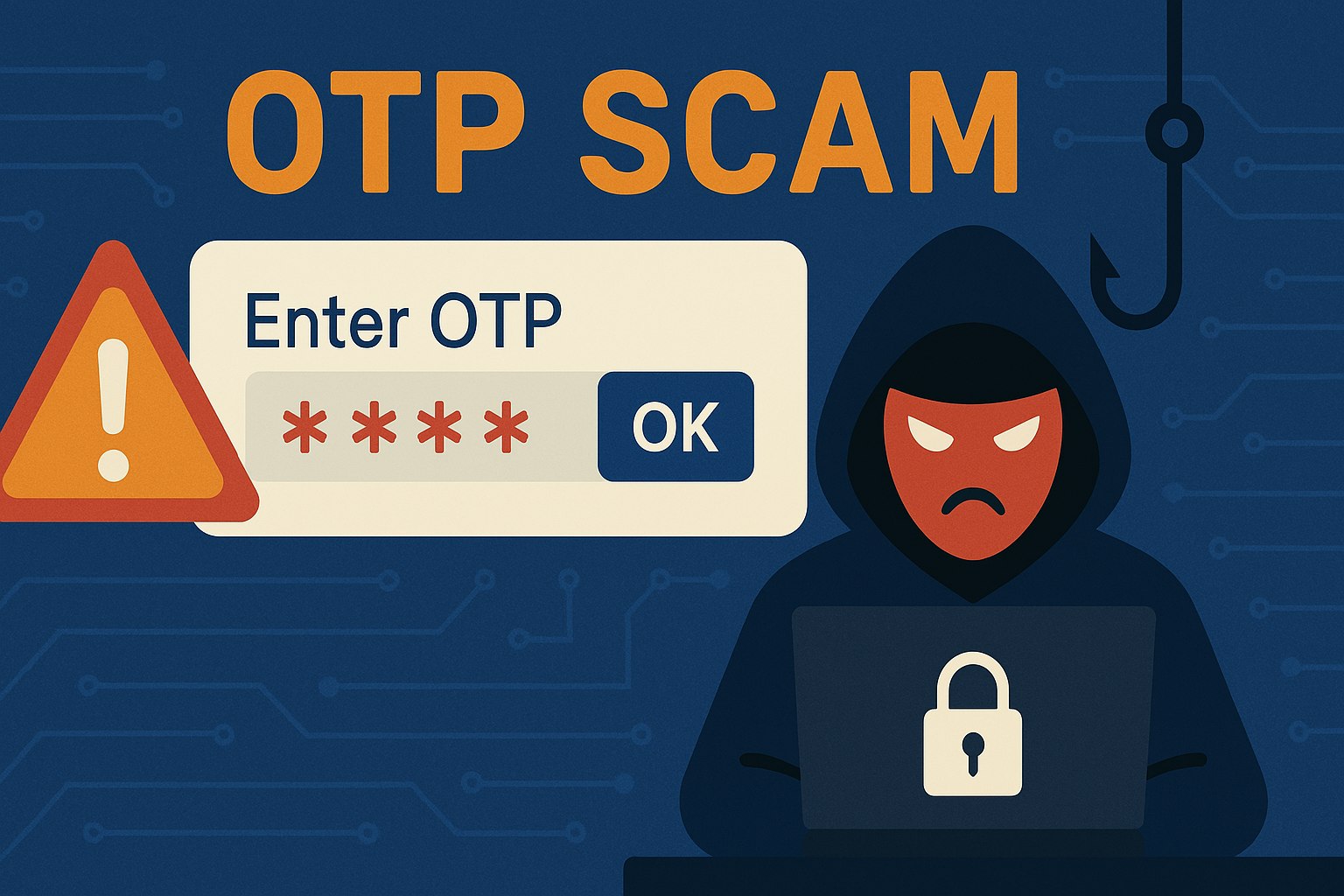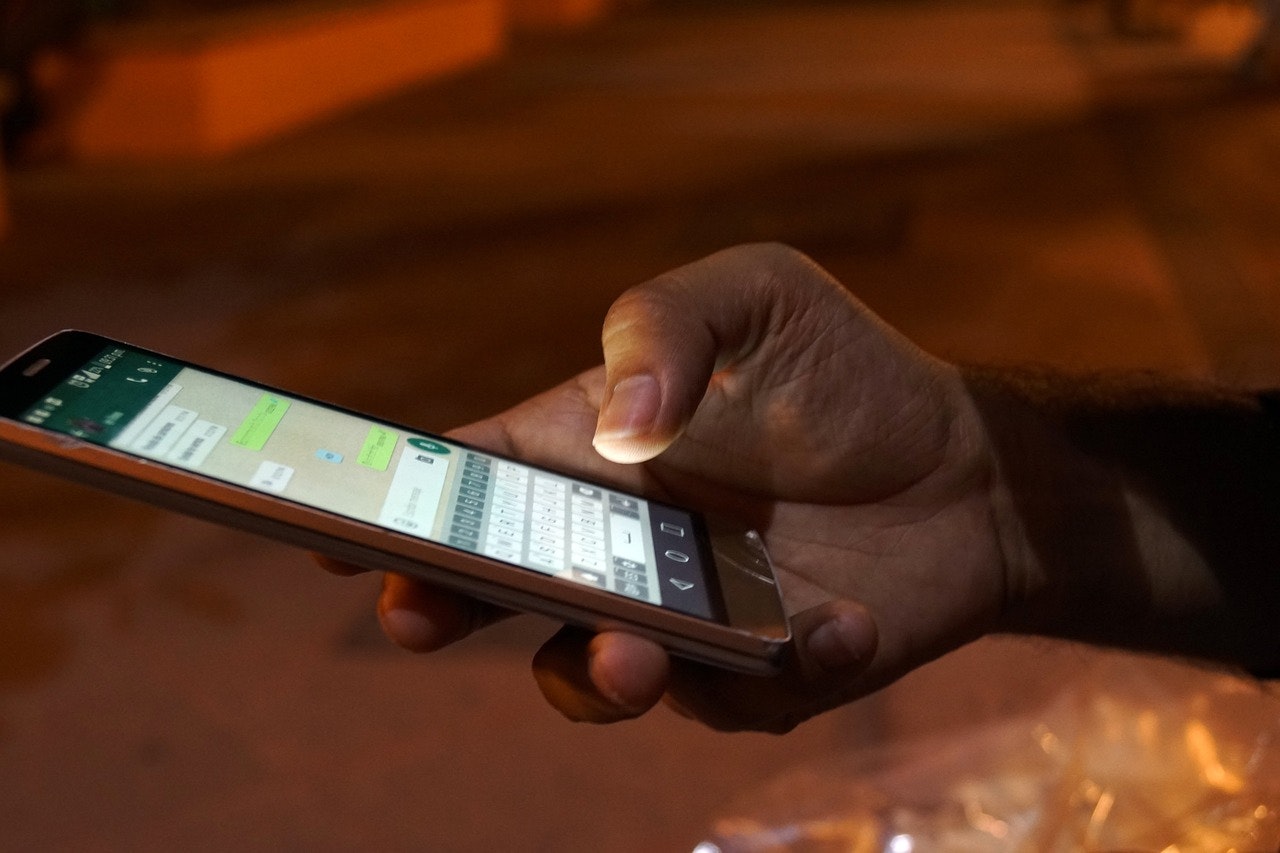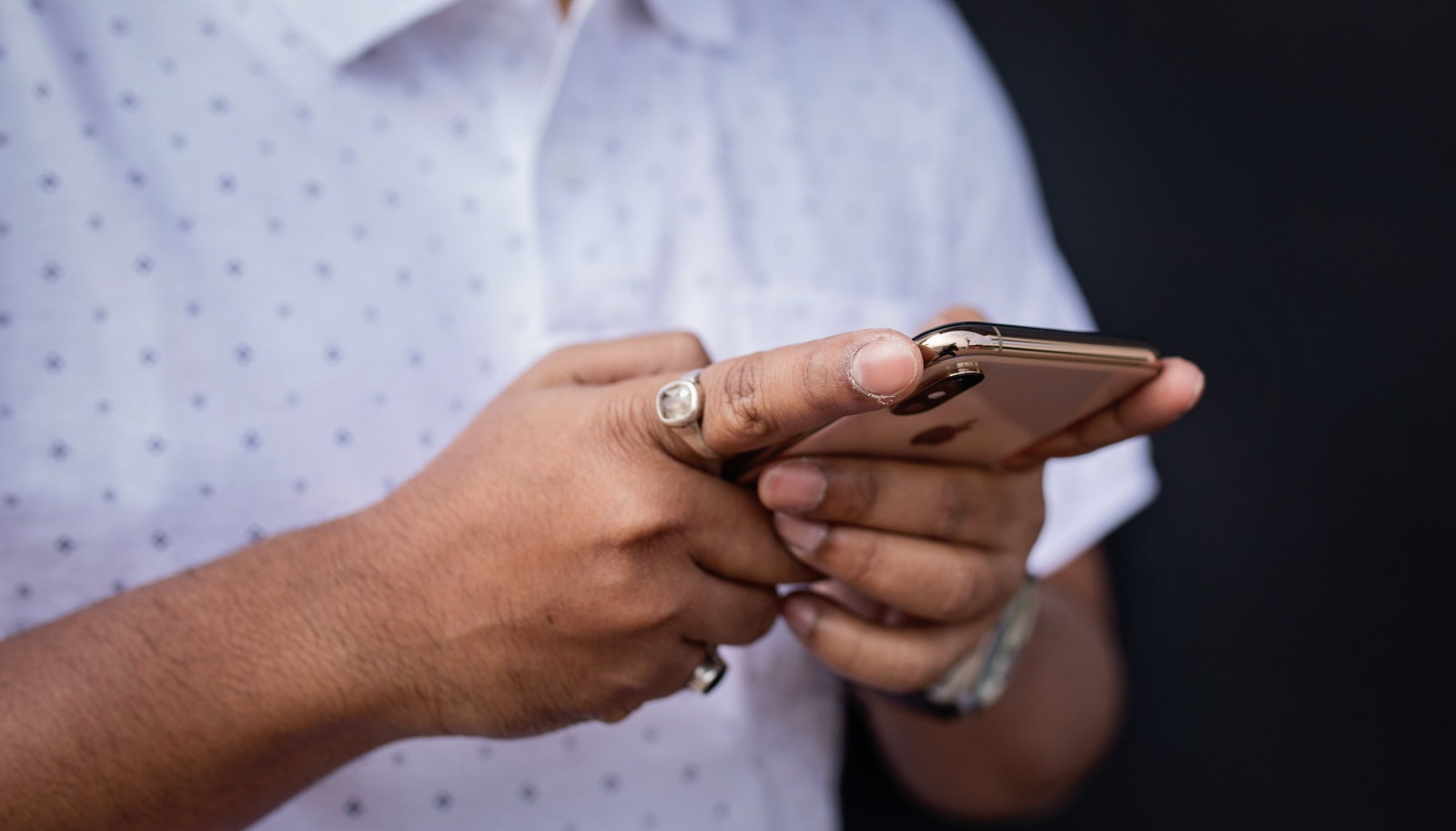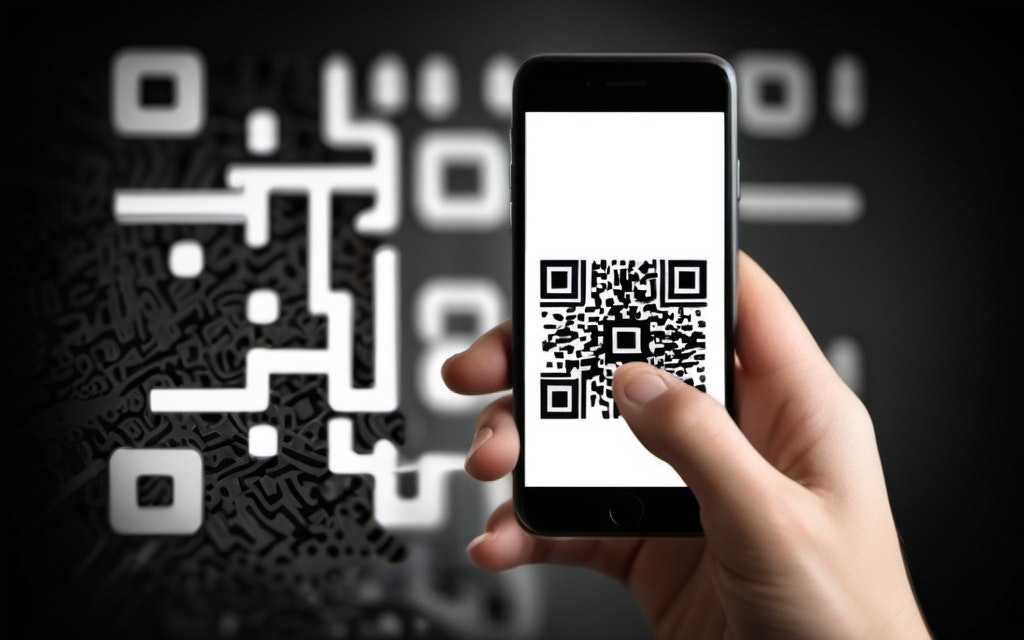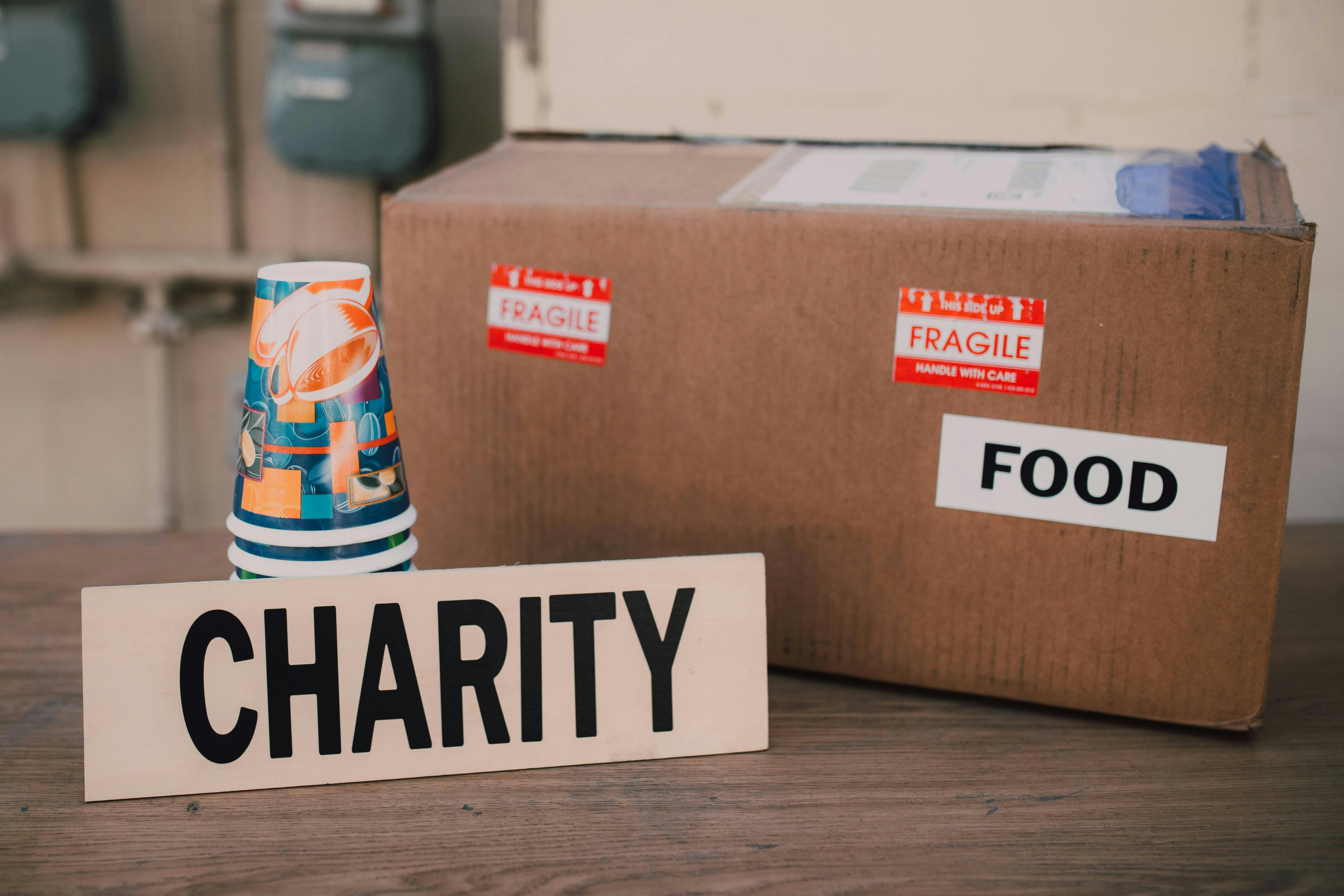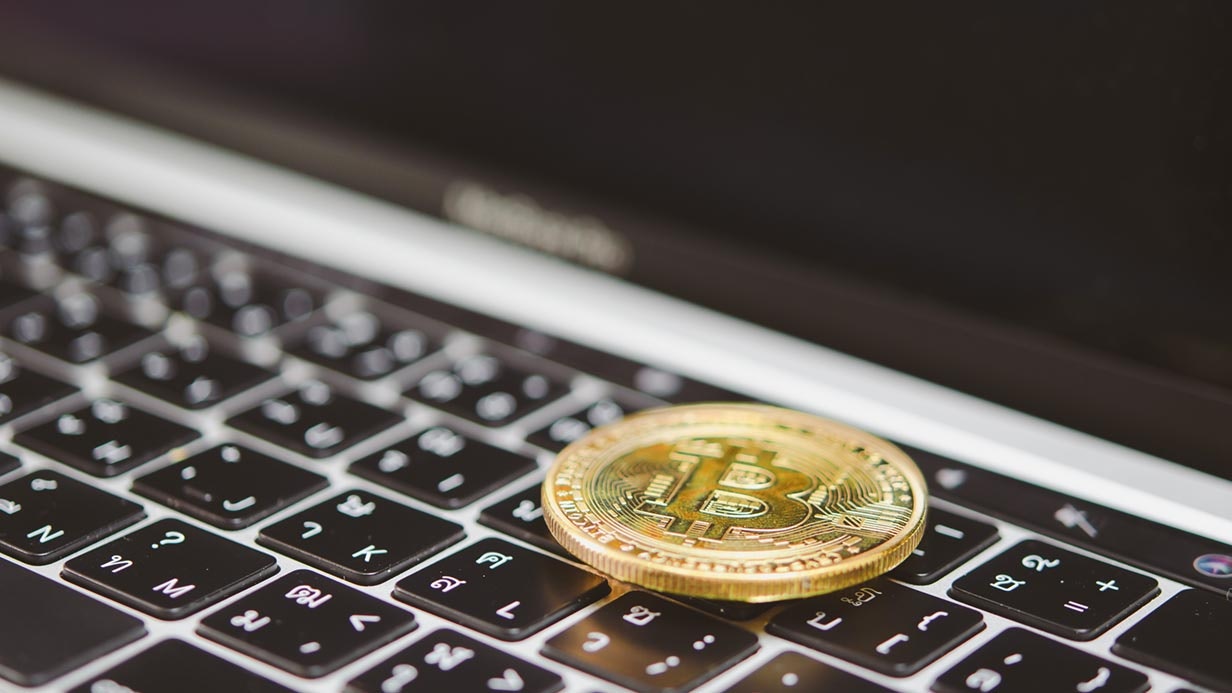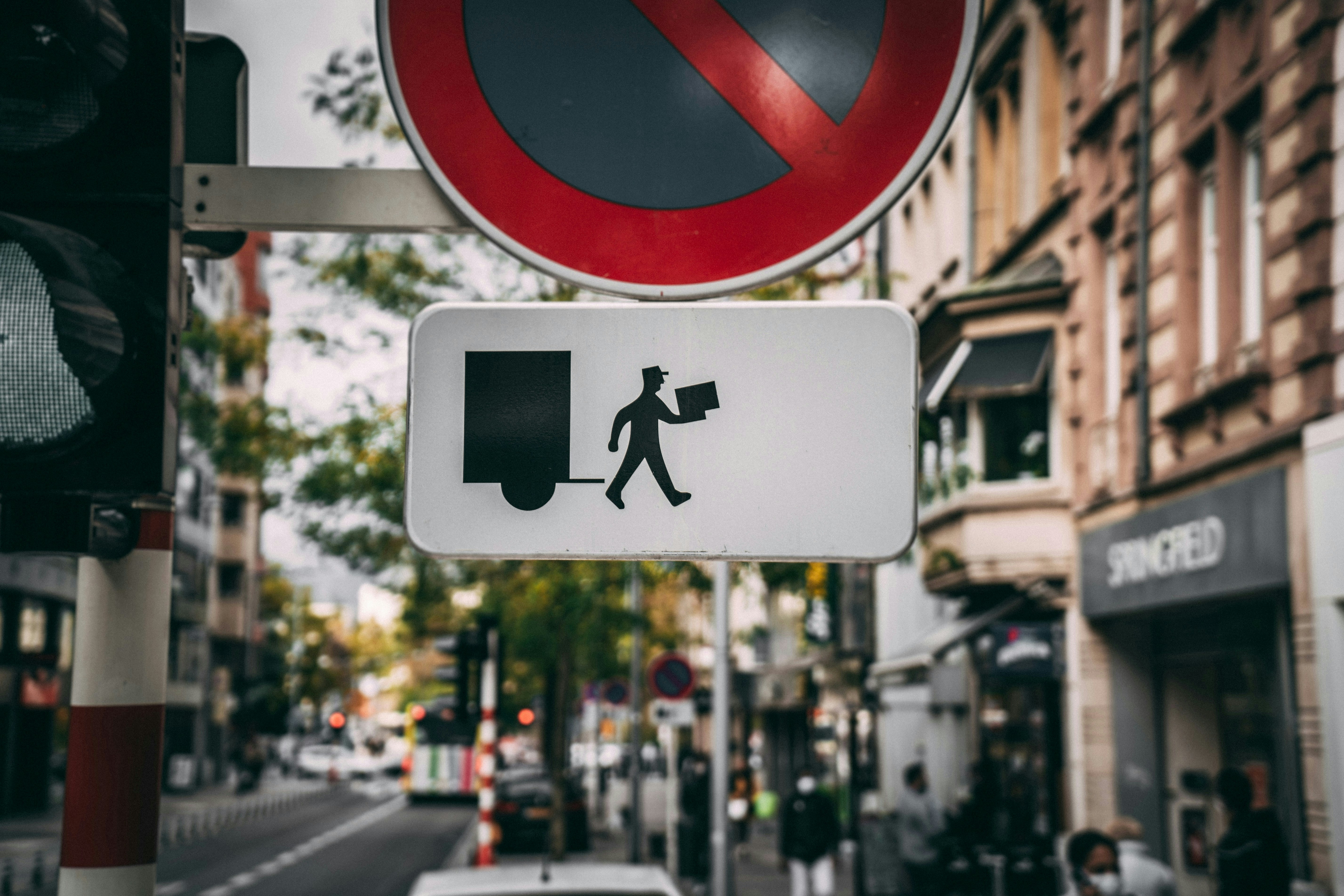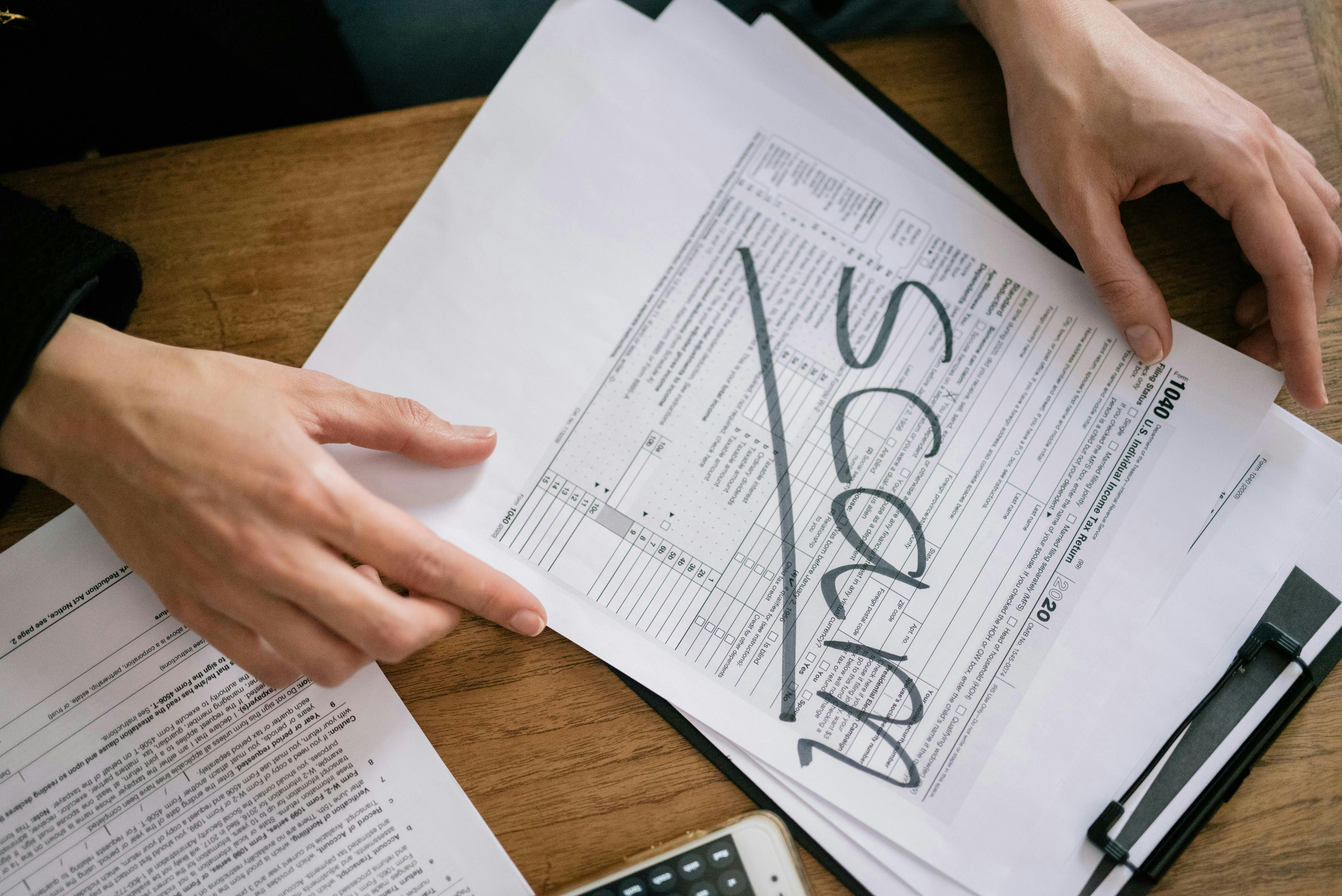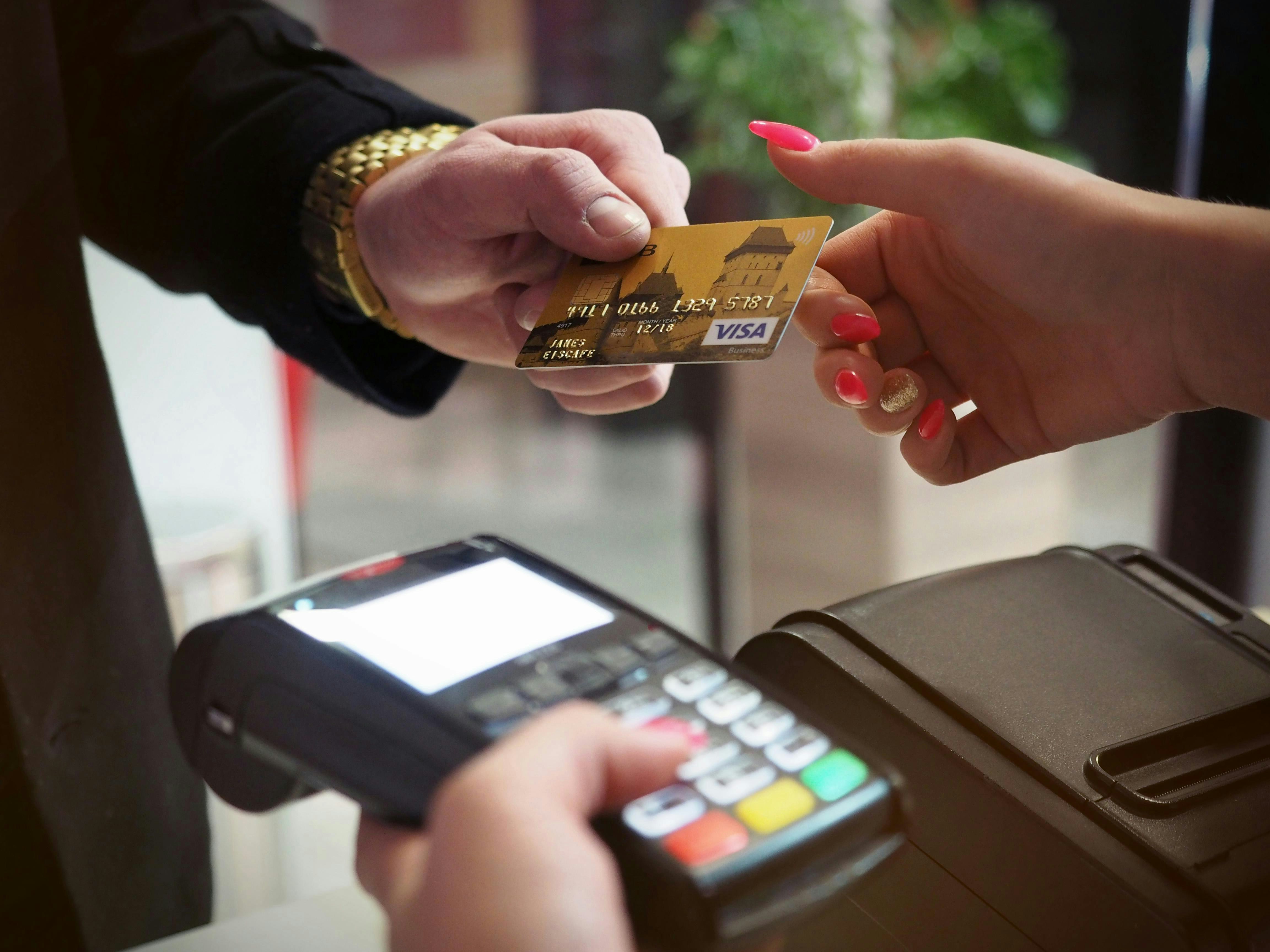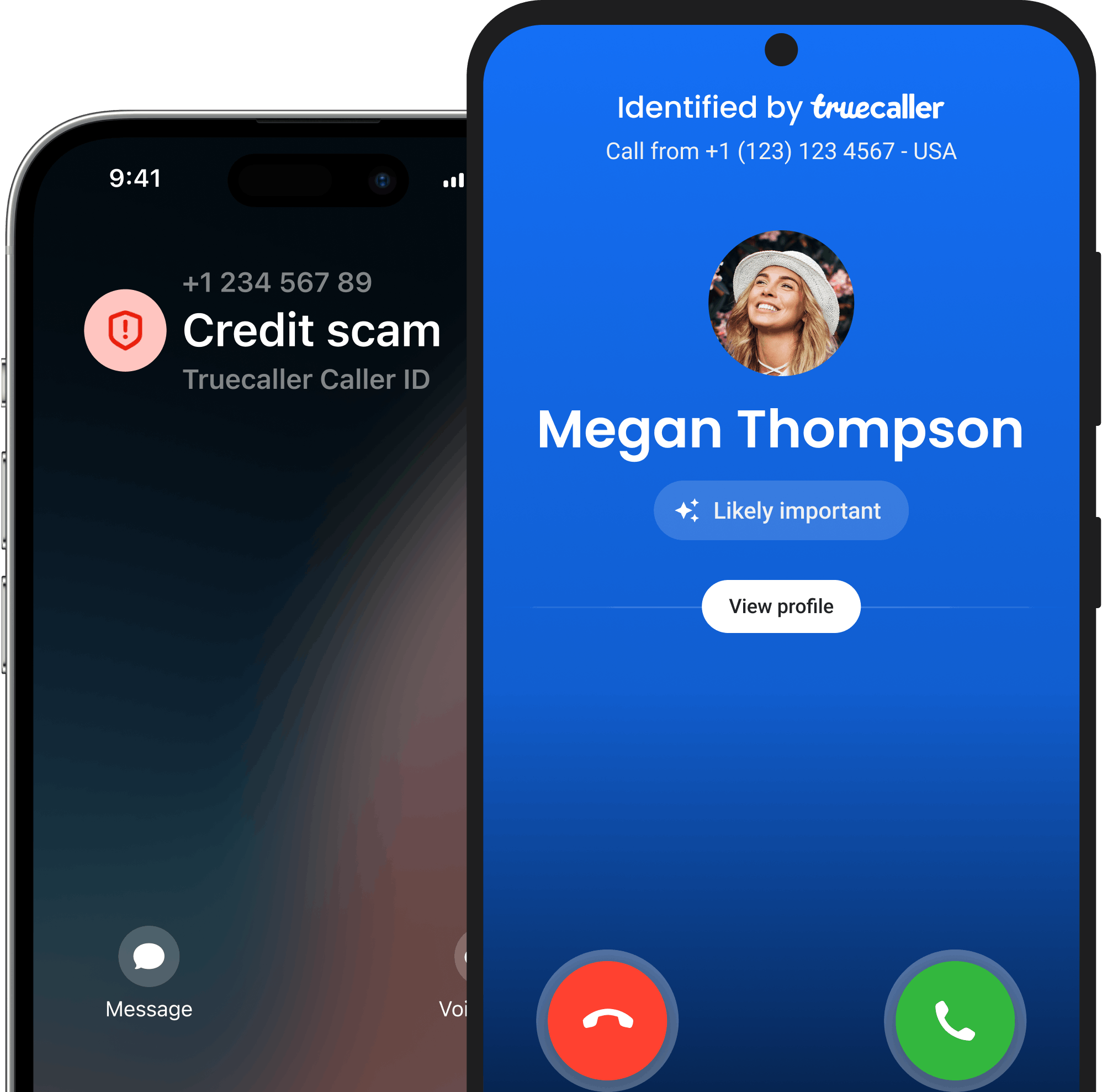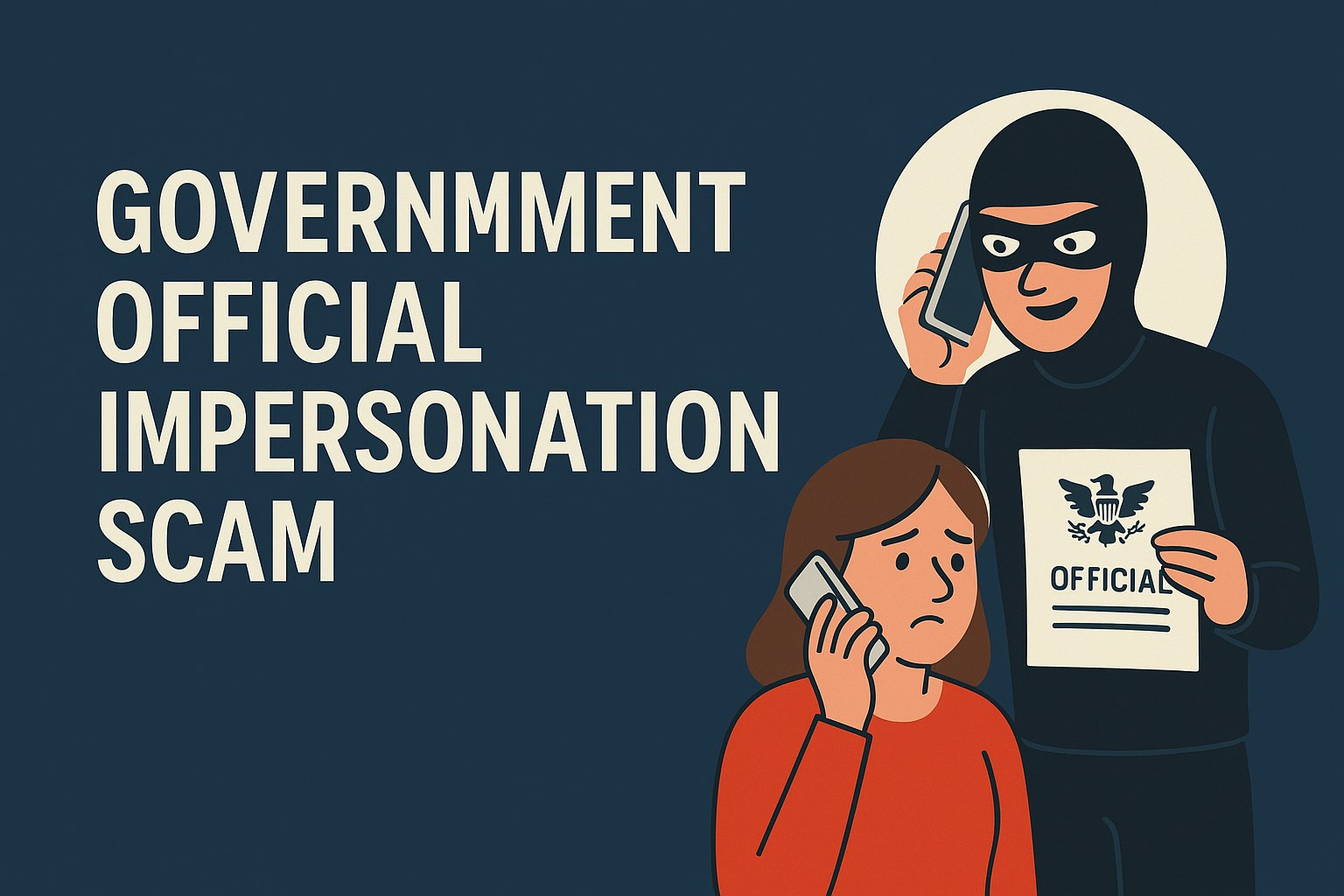
Government Official Impersonation Scam
What is a government official impersonation scam?
Government official impersonation scams have become notorious worldwide. Scammers try to trick people into believing they have been contacted by the government, often citing reasons such as required KYC updates, fabricated income tax refunds, or compromised bank accounts. They pressure unsuspecting citizens into disclosing their personal information, ultimately robbing them of their hard-earned money. Countries like India, USA, Canada, Singapore, UK, and Australia are now educating their citizens to look out for signs of government official impersonation scams.
How to identify government impersonation scams?
Unexpected calls, emails or messages from unknown numbers pretending to be government officials. Rarely a government official will personally call you about an issue.
Cyber criminals’ ultimate objective is to make you nervous enough that you reveal sensitive information. They achieve this by threatening legal action, fines, or account suspension for non-compliance.
No government official will ever persuade you to reveal personal information like your passwords, PINs, or OTPs over phone calls.
Government employee impersonators often demand for payments via cryptocurrency, wire transfers, gift cards, or prepaid debit cards, methods that legitimate government agencies do not use.
Pay close attention to the email ID that appears to be from an official source. Government agencies do not use free or common domains like government@gmail.com, officialdept@yahoo.com, or taxoffice@outlook.com. Always verify the domain (example - @gmail.com is the domain here) before responding.
Emails and messages sent by scammers often contain multiple spelling errors and poorly constructed sentences. Additionally, carefully examine government seals used in the documents — if they are fake, you may notice inconsistencies or mistakes.
Be cautious if someone insists you download files or install an app. There's a high probability that these could be fake and infected with malware. If you find something suspicious, reach out to officials through trusted and verified channels.
Be cautious of messages or emails claiming government refunds, grants, or benefits. Always verify such claims by contacting the relevant officials through proper channels.
What to do if you fall victim to a government impersonation scam?
If you have unfortunately become a victim of a government impersonation scam, you should take the following steps:
- Contact your bank: It is of utmost importance that you contact your bank immediately. There are higher chances of recovering the money if you act quickly or at least it would prevent further loss.
- Stop all communication with the scammer: Do not speak or text with the scammer. More often than not, they will demand more money to release your funds or trick you into revealing additional information.
- Change ID passwords and PINs: If you have shared your ID, PINs, or passwords with the scammer, change them immediately.
- Document the entire account - Document everything, from the initial text or call to the moment you realize you have been scammed. Try to write down the entire ordeal so that it is easier for the authorities to assist you.
- Install Truecaller: The Truecaller app not only identifies scam numbers but can also block them. Legitimate businesses and organizations are verified on Truecaller, which adds an extra layer of protection. Also, with the new AI call screening feature, if a call feels suspicious, you can start AI call screening and Truecaller will tell you whether it's AI-generated or not.
Where to report a government official impersonation scam?
If you are in the United States, these could be some agencies you could reach out to:
- Federal trade commission: https://consumer.ftc.gov/features/pass-it-on/charity-fraud
- Internet crime complaint centre: https://www.ic3.gov/
Reporting the scam on Truecaller will help prevent others from becoming victims.
- For immediate assistance and guidance on cyber fraud, call 1930 (toll-free)
- Serious Fraud Investigation Office: https://sfio.gov.in/
- Chakshu - Report suspected fraud communication:
https://services.india.gov.in/service/detail/chakshu-report-suspected-fraud-communication
- Sanchar Saathi: https://sancharsaathi.gov.in/sfc/Home/sfc-complaint.jsp
Reporting the scam on Truecaller will help prevent others from becoming victims.
- Police Special Fraud Unit (PSFU)
Email: report@specialfraudunit.org.ng, pro@specialfraudunit.org.ng
Whatsapp: 08127609914
Voice Call/SMS: 07082276895
Social Media: Facebook - Economic and Financial Crimes Commission (EFCC)
Email: info@efcc.gov.ng
Phone number: +234 8093322644, +234 (9) 9044751
Social Media: Facebook, Twitter, Instagram - Independent Corrupt Practices Commission (ICPC)
Email: info@icpc.gov.ng
Phone number: 08076369259, 08076369260
Social Media: Instagram, Twitter, Facebook
Reporting the scam on Truecaller will help prevent others from becoming victims.
- Action fraud: https://www.actionfraud.police.uk/charities
- Fundraising regulator: https://www.fundraisingregulator.org.uk/complaints
- GOV.UK: https://www.gov.uk/report-suspicious-emails-websites-phishing
- National cyber security centre: https://www.ncsc.gov.uk/
Reporting the scam on Truecaller will help prevent others from becoming victims.
- CSA Singapore: https://www.csa.gov.sg/cyber-aid
- File a police report at https://eservices1.police.gov.sg
Reporting the scam on Truecaller will help prevent others from becoming victims.
- Scamwatch: https://www.scamwatch.gov.au/
- Email: ReportScams@ato.gov.au
- Scam helpdesk: https://www.servicesaustralia.gov.au/phone-us?context=64107#scams
Reporting the scam on Truecaller will help prevent others from becoming victims.
- South African Fraud Prevention Service: https://cybercrime.org.za/reporting
- Internet Service Providers’ Association (ISPA): https://ispa.org.za/safety/report-cybercrime/
- In case of SIM fraud, please contact your mobile service provider
Reporting the scam on Truecaller will help prevent others from becoming victims.
- Online: Cybercrime Investigation Unit (Korean National Police Agency) https://cyberbureau.police.go.kr/eng/index.do
- Phone: 182
- Korea Internet & Security Agency (KISA) – Cyber Incident Response Center: https://www.krcert.or.kr
- Phone: 118 (Cybercrime and Online Fraud Hotline)
Reporting the scam on Truecaller will help prevent others from becoming victims.
- Office of cybercrime: https://cybercrime.doj.gov.ph/contact-us-2/
- Email: cybercrime@doj.gov.ph
- National Bureau of Investigation (NBI) – Cybercrime Division: https://nbi.gov.ph/
- Philippine National Police (PNP) – Anti-Cybercrime Group: https://acg.pnp.gov.ph/
Reporting the scam on Truecaller will help prevent others from becoming victims.
- Canadian Anti-Fraud Centre (CAFC): https://antifraudcentre-centreantifraude.ca/report-signalez-eng.htm
- Local police (non emergency line)
Conclusion
While fake government calls and messages are on the rise, it is important to be cautious of unsolicited calls, emails, and messages. Apps like Truecaller help people by providing overall protection from spammers and scammers through filtering and flagging suspicious users. Keep in mind that no government official will pressure you to provide sensitive details like PINs, passwords, or account information. Neither will they ever ask for payment via wire transfers, gift cards, or cryptocurrency—these are all red flags. In case of any doubt or query, the safest way to contact a government official is through proper official channels.
